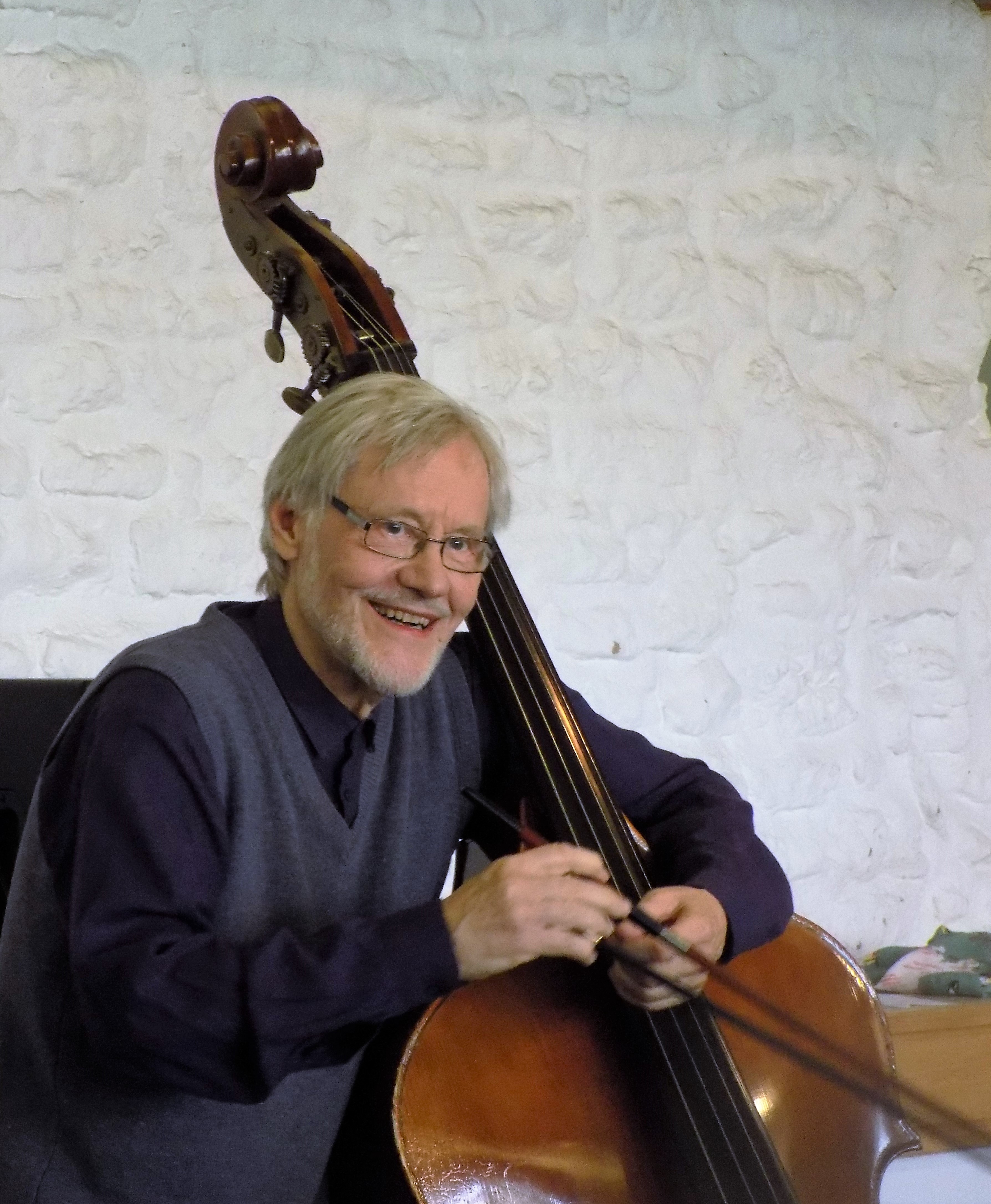Where have the years gone? Recital Music is 39 years old this year and 1986, when we first published two salon pieces by Vojta Kuchynka (Canzonetta & Desire) and Vincent Novello’s Aria: Thy Mighty Power for soprano, double bass and piano, seems like a lifetime ago.
I was an enthusiastic 25 year-old in 1986 and, having just returned from a series of lessons in Prague with František Pošta, who had recently retired as Principal Bass of the Czech Philharmonic Orchestra, decided that this was the time to found Recital Music. František had given me copies of the two Kuchynka pieces and, as they were almost unknown to bassists, they seemed like a good place to start. 39 years later, I am still enthusiastic but marginally older, and so much has changed, not least the move from printed to digital editions, which have created many new opportunities, not least combining more than one piece in a publication. There are now no postal costs or delays, problems with customs and, with the click of a mouse, you can have the music instantly delivered to your Inbox.
Many of our publications were transferable as pdf downloads, so we were able to hit the ground running when we started selling downloads with Double Bass HQ, adding Presto Music, Chimes Music and The Music Realm over the past two years. We are grateful to the four websites for their amazing support of Recital Music and the move to downloads was one of the best decisions I ever made for Recital Music. Many of our older editions were not available in pdf format and the difficult decision was which ones we should re-typeset, to retain in our catalogue, and which pieces to retire. Overall, I think we have made the right decisions and our bright new catalogue offers music from one to twenty basses, and from complete beginner to virtuoso, with many more publications still in the pipeline.
Re-typesetting pieces has been a wonderful opportunity to reconnect with many pieces and one which is in preparation is Arietta for 12 double basses by Teppo Hauta-aho (1941-2021). Originally for 16 basses, the composer revised it before publication, realising that four parts were simply doubling things played by others and removing them made little difference to the piece overall. Arietta is a one-movement work, played entirely in harmonics across the entire range of the double bass, apart from bass 12 which grounds the ensemble with a confident pizzicato line in the lower register of the double bass. Teppo once joked that this was his only minimalist piece, which I think is true, and the repetitions create an evocative wall of sound which is something to behold in performance.
Arietta has been played a few times at Bass-Fest, also at the Rotterdam Conservatoire, and would be ideal for any university or conservatoire department who are looking for an original piece which makes an instant impact. It isn’t particularly difficult, although Basses 1-4 may may need oxygen as they play in the highest register, otherwise it is a wonderful exercise in colour and texture, and demonstrates a different aspect to the usual perception of the double bass. I doubt that Arietta will sell thousands of copies but I am so pleased that it will be returning to our catalogue and hope that younger bassists will see the beauty and quality in this amazing piece.
[David Heyes / 22 January 2025]
Photograph courtesy of Sarah Poole.

